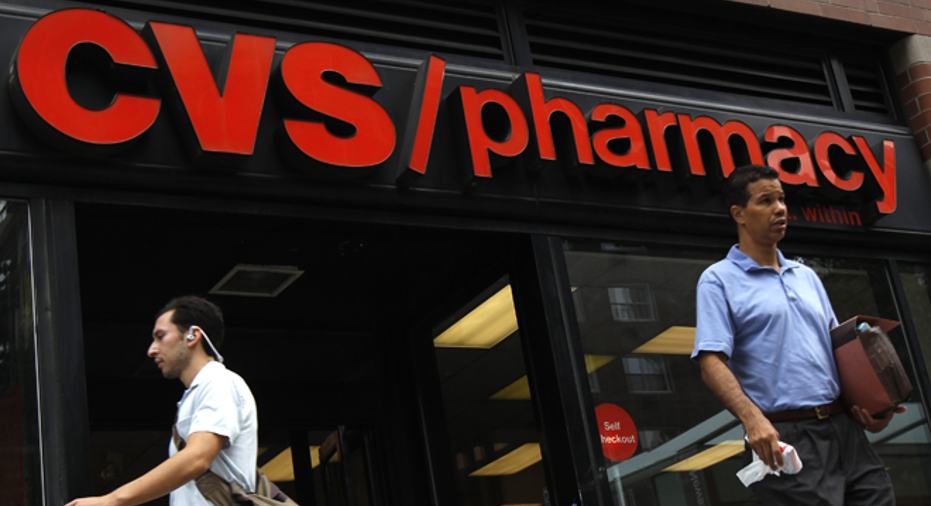Opinion: CVS Tobacco Exit a Free-Market Coup

Love tobacco or hate it. Vilify its makers or glorify them. CVS Caremark’s (NYSE:CVS) move to stop selling cigarettes should be hailed by those who believe in free markets.
Cigarettes cause 440,000 deaths a year in the U.S. – that’s one-in-five deaths – according to the Centers for Disease Control and Prevention, which also warns smoking “harms nearly every organ of the body.”
The government has worked for years to snuff out demand for the addictive products through taxes, billboards, health warnings, scary imagery, television commercials … you name it, the government has probably tried it. The effort has found limited success, mostly affecting the rate at which young people have picked up the habit. It’s hardly surprising because regulation and government intervention rarely have the intended effects.
That’s why CVS’ bold decision to halt the sale of tobacco products by October is so refreshing. It’s a free-market solution to a long-standing problem. A private company, of its own accord, decided it isn’t in the interest of its customers to sell products that have a high likelihood of harming them.
“Cigarettes and tobacco products have no place in a setting where health care is delivered,” CVS CEO Larry Merlo wrote in a letter Wednesday. “This is the right thing to do.”
CVS is going to take a $2 billion hit to its annual sales, but its longer-run profit projections remain unchanged. That seems to be a small price to pay for making what Merlo sees as an important point.
And it’s change that comes organically from private enterprise that often has the most efficacy. Milton Friedman, the American economist famous for his free-market advocacy, said so much in a PBS documentary in the late 1990s.
“The only way that has ever been discovered to have a lot of people cooperate together voluntarily is through the free market,” he said.
Certainly CVS’ move isn’t without flaws. Detractors will ask why the chain doesn’t cut out sales of sugary drinks, or candy, or potentially addictive pharmaceuticals. Those are all worthwhile questions, but reductio ad absurdum misses the point: The No. 2 U.S. drug store chain is using its economic perch to make a gutsy point.
Will the halt cut into cigarette demand? Will it ultimately benefit or detract CVS’ bottom line? Will others follow suit?
It’s tough to say off the bat. But one thing is for sure: CVS is gleaming example of how the free markets can regulate themselves.



















